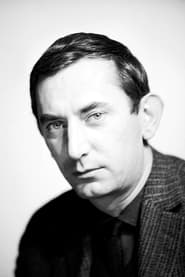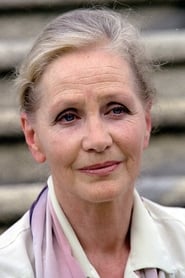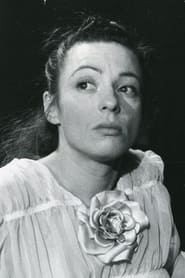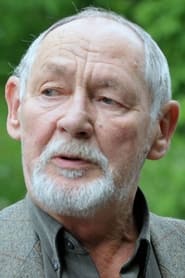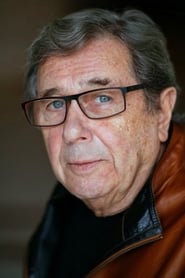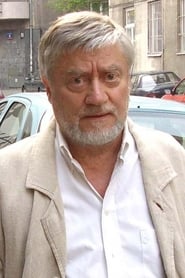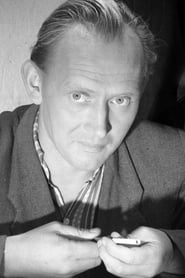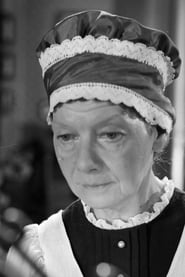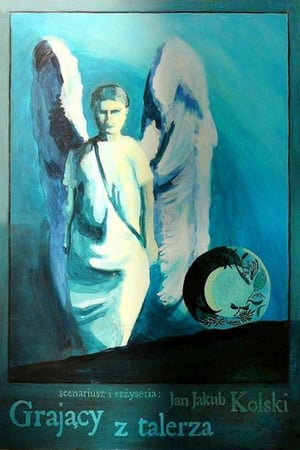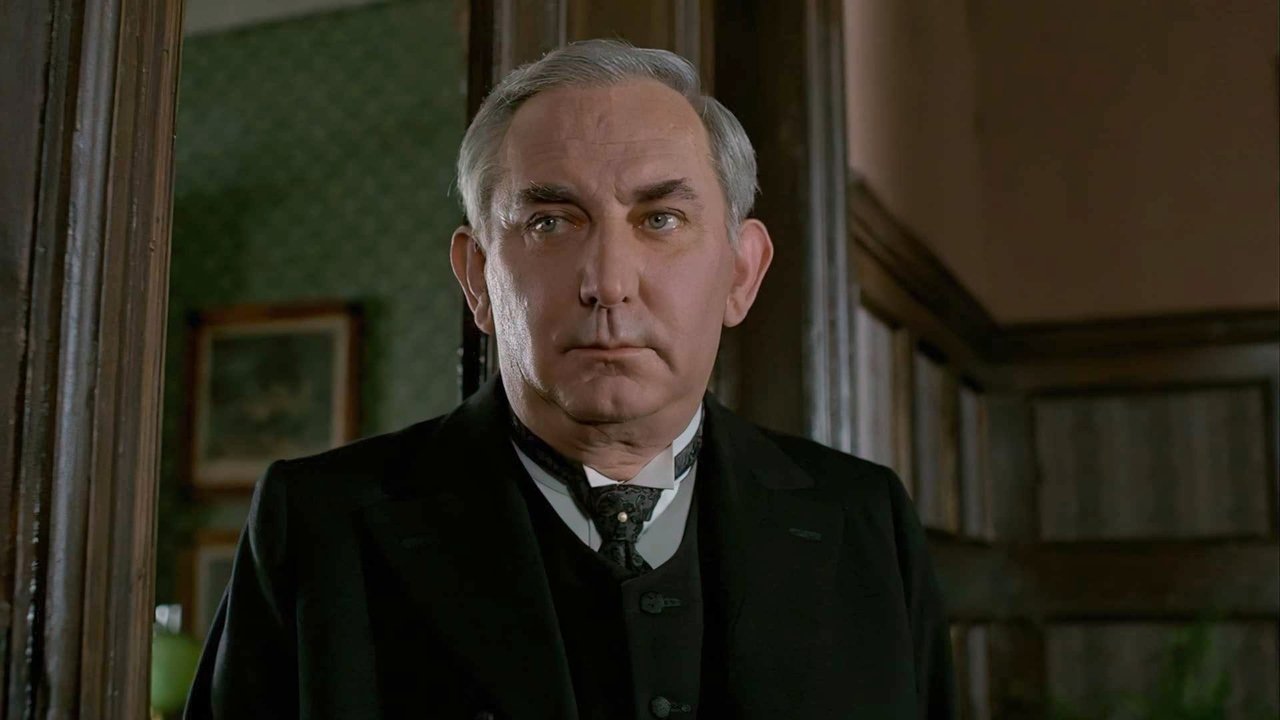
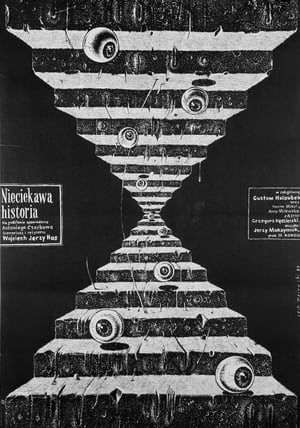
An Uneventful Story(1983)
A well-known professor of medicine finding himself at the threshold of autumn of his life, takes stock of his achievements and experiences. "In the end it ends with what has been known for a long time: that conscious life without a fixed worldview is not life, but torment, horror. - wrote Anton Chekhov in one of his letters summarizing "An Uninteresting Story". The protagonist, Professor Nikolai Stepanovich, is a character characteristic of Chekhov's entire oeuvre - a Russian intellectual from the late nineteenth century, depressed by boredom and a sense of his own uselessness and the meaninglessness of his existence.
Movie: An Uneventful Story
Top 10 Billed Cast
Katarzyna
PhD Student

Nieciekawa historia
HomePage
Overview
A well-known professor of medicine finding himself at the threshold of autumn of his life, takes stock of his achievements and experiences. "In the end it ends with what has been known for a long time: that conscious life without a fixed worldview is not life, but torment, horror. - wrote Anton Chekhov in one of his letters summarizing "An Uninteresting Story". The protagonist, Professor Nikolai Stepanovich, is a character characteristic of Chekhov's entire oeuvre - a Russian intellectual from the late nineteenth century, depressed by boredom and a sense of his own uselessness and the meaninglessness of his existence.
Release Date
1983-09-12
Average
6
Rating:
3.0 startsTagline
Genres
Languages:
PolskiKeywords
Recommendations Movies
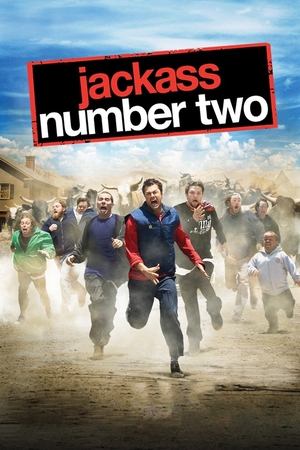 6.6
6.6Jackass Number Two(en)
Jackass Number Two is a compilation of various stunts, pranks and skits, and essentially has no plot. Chris Pontius, Johnny Knoxville, Steve-O, Bam Margera, and the whole crew return to the screen to raise the stakes higher than ever before.
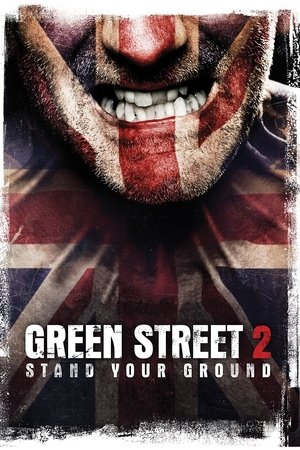 5.0
5.0Green Street Hooligans 2(en)
Following the deadly climax of "Green Street Hooligans," several members of the West Ham firm and numerous members of Millwall end up in jail. The GSE quickly discover the brutality of life on the inside, as they are constant targets of the superior numbers and better-financed Millwall crew.
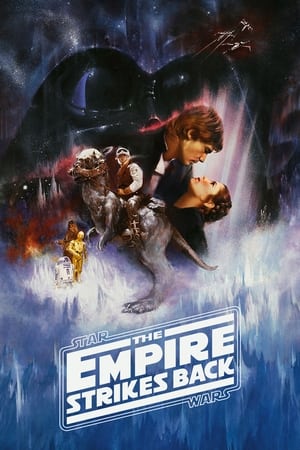 8.4
8.4The Empire Strikes Back(en)
The epic saga continues as Luke Skywalker, in hopes of defeating the evil Galactic Empire, learns the ways of the Jedi from aging master Yoda. But Darth Vader is more determined than ever to capture Luke. Meanwhile, rebel leader Princess Leia, cocky Han Solo, Chewbacca, and droids C-3PO and R2-D2 are thrown into various stages of capture, betrayal and despair.
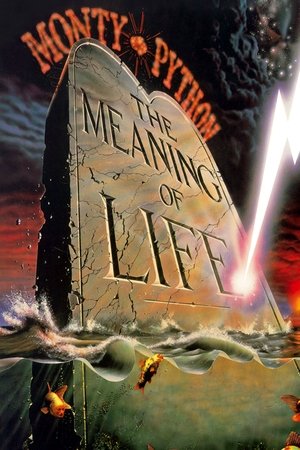 7.3
7.3Monty Python's The Meaning of Life(en)
Life's questions are 'answered' in a series of outrageous vignettes, beginning with a staid London insurance company which transforms before our eyes into a pirate ship. Then there's the National Health doctors who try to claim a healthy liver from a still-living donor. The world's most voracious glutton brings the art of vomiting to new heights before his spectacular demise.
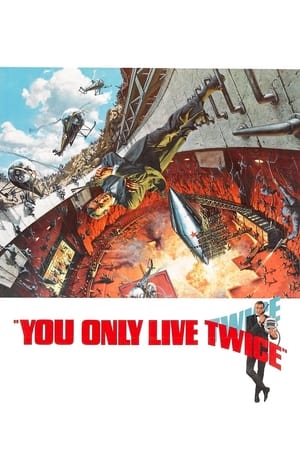 6.6
6.6You Only Live Twice(en)
A mysterious spacecraft captures Russian and American space capsules and brings the two superpowers to the brink of war. James Bond investigates the case in Japan and comes face to face with his archenemy Blofeld.
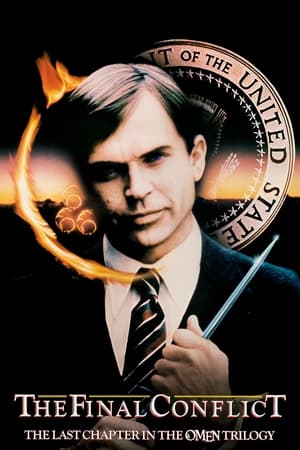 5.8
5.8The Final Conflict(en)
Damien Thorn has helped rescue the world from a recession, appearing to be a benign corporate benefactor. When he then becomes U.S. Ambassador to the United Kingdom, Damien fulfills a terrifying biblical prophecy. He also faces his own potential demise as an astronomical event brings about the second coming of Christ.
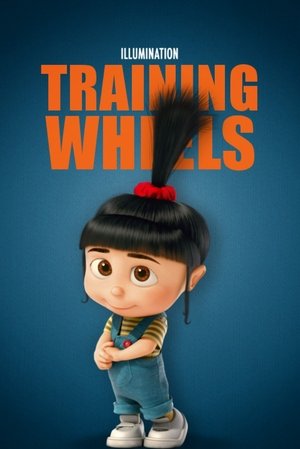 7.0
7.0Training Wheels(en)
When Margo, Edith, and Agnes chase after an ice cream truck, little Agnes struggles to keep up and takes a tumble while pedaling her bike. Seeing her disappointment, the Minions spring into action to lift her spirits. Using their quirky ingenuity, they construct a unicorn-themed motorcycle to help Agnes ride in style. With her new wheels, Agnes embarks on a whimsical and heartwarming ride through town, showcasing the Minions’ unwavering dedication to bringing joy to the girls’ lives. This short captures the charm of teamwork, creativity, and pure delight.
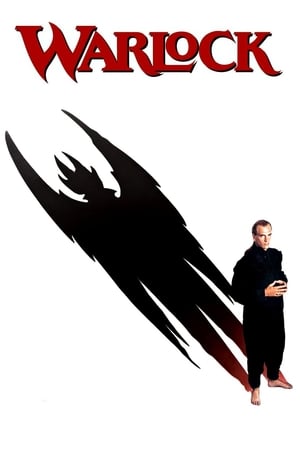 6.2
6.2Warlock(en)
In 17th century New England, witch hunter Giles Redferne captures an evil warlock, but the conjurer eludes death with supernatural help. Flung into the future, the warlock winds up in the 1980s and plans to bring about the end of the world. Redferne follows the enchanter into the modern era and continues his mission, but runs into trouble in such unfamiliar surroundings. With the help of a young woman, can Redferne finally defeat the warlock?
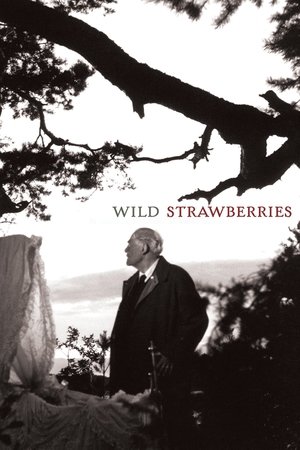 8.1
8.1Wild Strawberries(sv)
Crotchety retired doctor Isak Borg travels from Stockholm to Lund, Sweden, with his pregnant and unhappy daughter-in-law, Marianne, in order to receive an honorary degree from his alma mater. Along the way, they encounter a series of hitchhikers, each of whom causes the elderly doctor to muse upon the pleasures and failures of his own life. These include the vivacious young Sara, a dead ringer for the doctor's own first love.
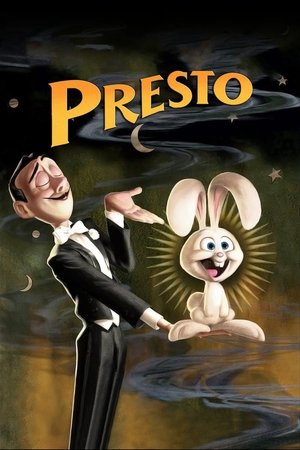 7.8
7.8Presto(en)
Dignity. Poise. Mystery. We expect nothing less from the great turn-of-the-century magician, Presto. But when Presto neglects to feed his rabbit one too many times, the magician finds he isn't the only one with a few tricks up his sleeve!
 7.7
7.7The Killing(en)
Career criminal Johnny Clay recruits a sharpshooter, a crooked police officer, a bartender and a betting teller named George, among others, for one last job before he goes straight and gets married. But when George tells his restless wife about the scheme to steal millions from the racetrack where he works, she hatches a plot of her own.
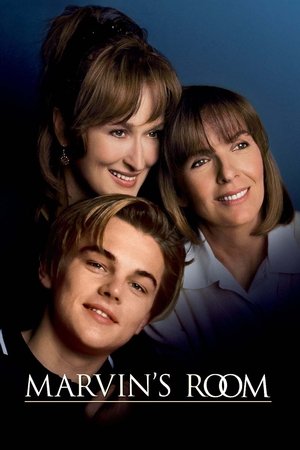 6.7
6.7Marvin's Room(en)
A leukemia patient attempts to end a 20-year feud with her sister to get her bone marrow.
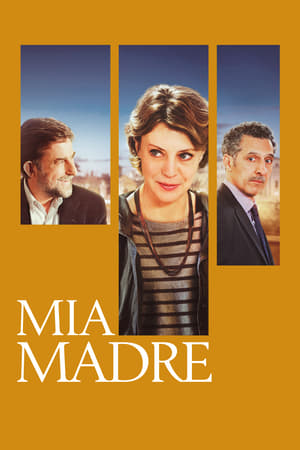 6.7
6.7Mia madre(it)
Margherita, a director in the middle of an existential crisis, has to deal with the inevitable and still unacceptable loss of her mother.
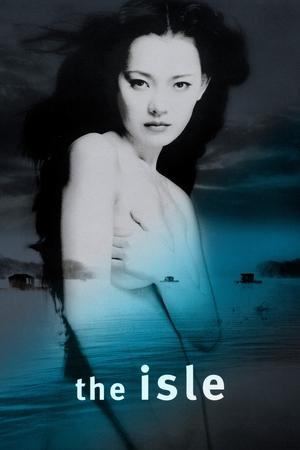 6.9
6.9The Isle(ko)
Mute Hee-Jin is working as a clerk in a fishing resort in the Korean wilderness; selling baits, food and occasionally her body to the fishing tourists. One day she falls in love with Hyun-Shik, who is on the run from the police, and rescues him with a fish hook when he tries to commit suicide.
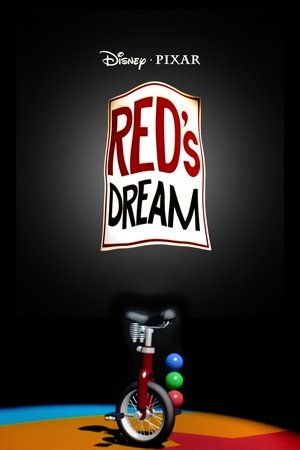 6.2
6.2Red's Dream(en)
Life as the sole sale item in the clearance corner of Eben's Bikes can get lonely. So Red, a unicycle, dreams up a clown owner and his own juggling act that steals the show. But all too soon, the applause turns into the sound of rainfall, as reality rushes back. Red must resign himself to sitting in the corner and await his fate.
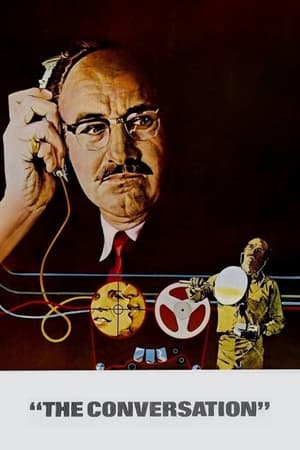 7.5
7.5The Conversation(en)
A paranoid, secretive surveillance expert has a crisis of conscience when he suspects that the couple he is spying on will be murdered.
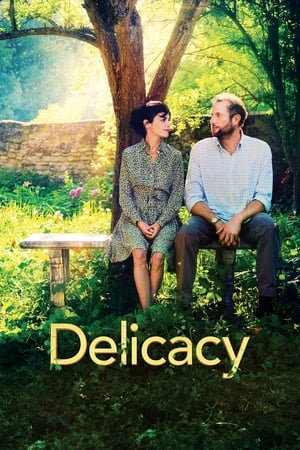 6.3
6.3Delicacy(fr)
A French woman mourning over the death of her husband three years prior is courted by a Swedish co-worker.
 7.2
7.2Steel Magnolias(en)
A young beautician, newly arrived in a small Louisiana town, finds work at the local salon, where a small group of women share a close bond of friendship and welcome her into the fold.
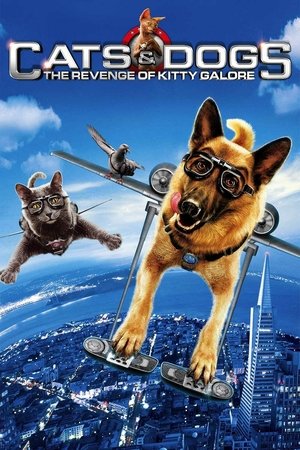 5.2
5.2Cats & Dogs: The Revenge of Kitty Galore(en)
The ongoing war between the canine and feline species is put on hold when they join forces to thwart a rogue cat spy with her own sinister plans for conquest.
Similar Movies
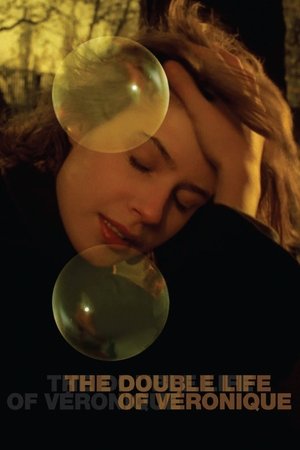 7.5
7.5The Double Life of Véronique(fr)
Véronique is a beautiful young French woman who aspires to be a renowned singer; Weronika lives in Poland, has a similar career goal and looks identical to Véronique, though the two are not related. The film follows both women as they contend with the ups and downs of their individual lives, with Véronique embarking on an unusual romance with Alexandre Fabbri, a puppeteer who may be able to help her with her existential issues.
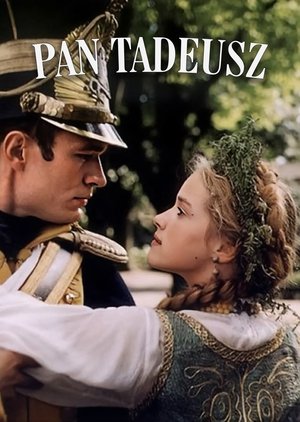 5.4
5.4Pan Tadeusz(pl)
A grand and patriotic tale of Poland's struggle for freedom just before Napoleon's war with Russia. Written in poetic style by Adam Mickiewicz, this story follows two feuding Polish families as they overcome their old conflicts and petty lives. However, they are able to unite as one with their patriotic and rebellious efforts to free the country they deeply love from Russian control.
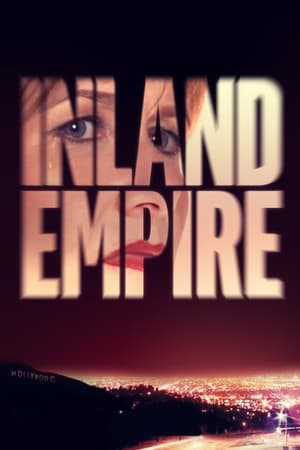 7.0
7.0Inland Empire(en)
As a Hollywood actress begins to adopt the persona of her character in a film, her world becomes nightmarish and surreal.
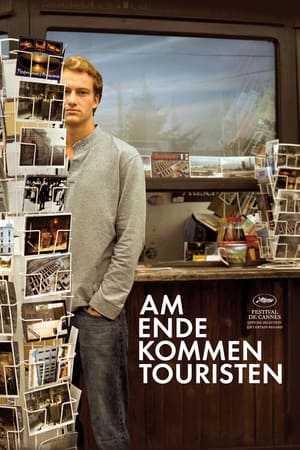 6.6
6.6And Along Come Tourists(de)
Sven arrives in nowadays Auschwitz to do his civil service at the memorial. He encounters unfriendliness, especially by Stanislaw Krzeminski, the 85 year old KZ-survivor, and Krzysztof Lanuszewski, brother of his early love affair Ania. Even his boss Herold, the places manager, does little to help Sven familiarize. But when problems accumulate Sven realises that he already has become involved.
 6.0
6.0Two Sisters(pl)
Two sisters set out from Warsaw to Kharkiv to pick up their seriously injured father.
 8.4
8.4The Pianist(en)
The true story of pianist Władysław Szpilman's experiences in Warsaw during the Nazi occupation. When the Jews of the city find themselves forced into a ghetto, Szpilman finds work playing in a café; and when his family is deported in 1942, he stays behind, works for a while as a laborer, and eventually goes into hiding in the ruins of the war-torn city.
 8.6
8.6Schindler's List(en)
The true story of how businessman Oskar Schindler saved over a thousand Jewish lives from the Nazis while they worked as slaves in his factory during World War II.
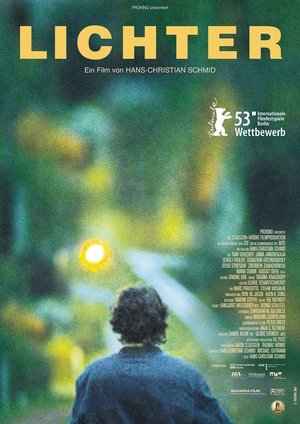 7.4
7.4Distant Lights(de)
Lichter is an episodic tale from Hans-Christian Schmid about the life on the border between Germany and Poland. The film sheds light on the everyday stories of escape and desperateness.
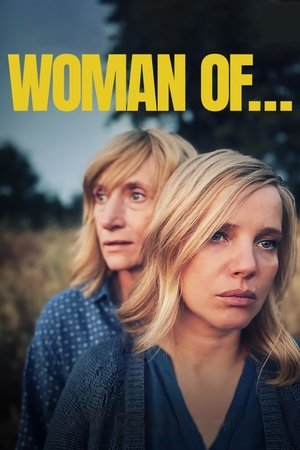 6.4
6.4Woman of...(pl)
Aniela has lived the first half of her life as a man: with an office job, a wife, and two children. But neither her family's opposition nor repression by the government in Poland can stop her from finally becoming the person she's always been.
 6.9
6.9Nowy świat(pl)
Three stories of immigrants trying to start new lives in Poland: an Afghan traumatised by the war, a Ukrainian lost in her own body, and a Belarusian running away from painful love. The Afghan, Azzam, works as a translator for the Polish army. In his homeland he is treated like a traitor. Having been evacuated to Poland, he is unable to shake off the war experiences. The Ukrainian, Wiera, escapes to Poland to undergo sex reassignment surgery in secret from her family. An unexpected visit from her father and little son will make her face the question of her own identity once more. Żanna, the Belarusian, leaves her husband, a dissident, and lives together with her daughter at her sister’s in Warsaw. She wants to move out as soon as possible and make a normal home. Things get complicated when her husband gets arrested again.
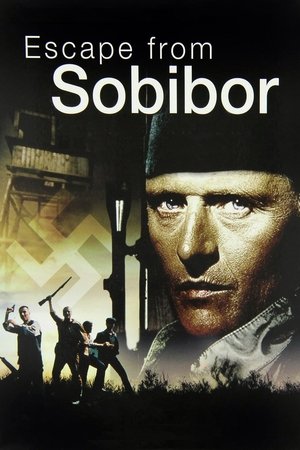 7.2
7.2Escape from Sobibor(en)
The true story of WWII's notorious Sobibor Nazi death camp, where a courageous inmate orchestrates and leads the escape of over 300 prisoners.
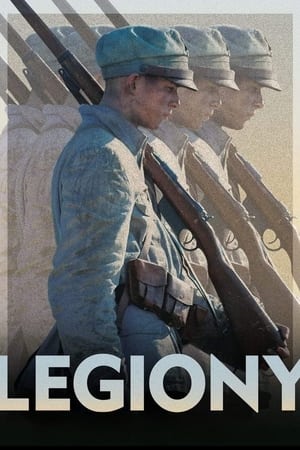 6.7
6.7The Legions(pl)
A universal story about entering adulthood in difficult times, growing up to the community. The great history is the background for the love story unfolding in the foreground: Józek, a deserter from the tsarist army who joins the emerging Legions, an intelligence agent for the I Brigade and Women’s Leage member – Ola, and Tadek, her fiancée, a member of Shooting Team.
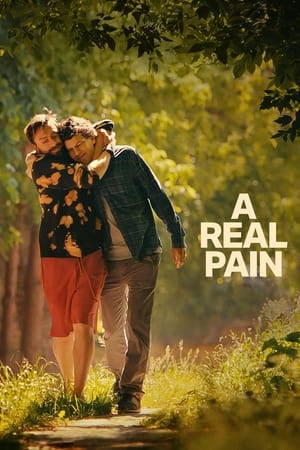 6.7
6.7A Real Pain(en)
Mismatched cousins David and Benji reunite for a tour through Poland to honor their beloved grandmother. The adventure takes a turn when the pair's old tensions resurface against the backdrop of their family history.
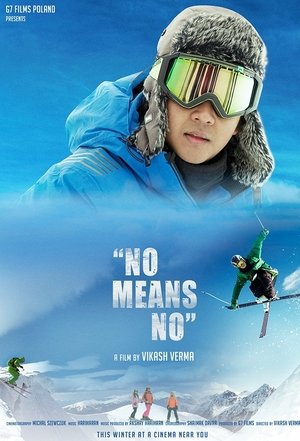 0.0
0.0No Means No(hi)
No Means No is a cross-genre action-packed, teenage musical love story, a courtroom drama that's more like the thrill of a roller-coaster ride as each twist and turn begins to unravel to reach a conclusion that calls out for justice.
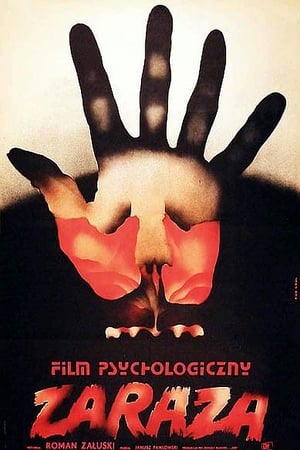 8.0
8.0The Epidemic(pl)
Based on a true outbreak of smallpox in Wroclaw. A young doctor picks up a girl and they go to bed, but the night is ruined by the doctor being called to the epidemic. The doctor has to leave, and when it is all over, runs into her with another man.
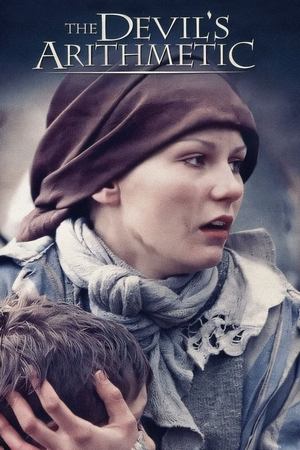 6.8
6.8The Devil's Arithmetic(en)
An American-born Jewish adolescent, Hannah Stern, is uninterested in the culture, faith and customs of her relatives. However, she begins to revaluate her heritage when she has a supernatural experience that transports her back to a Nazi death camp in 1941. There she meets a young girl named Rivkah, a fellow captive in the camp. As Rivkah and Hannah struggle to survive in the face of daily atrocities, they form an unbreakable bond.
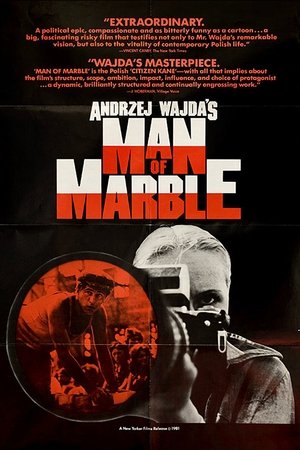 7.0
7.0Man of Marble(pl)
A young Polish filmmaker sets out to find out what happened to Mateusz Birkut, a bricklayer who became a propaganda hero in the 1950s but later fell out of favor and disappeared.
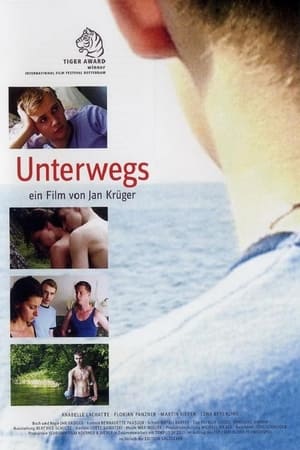 7.4
7.4En Route(de)
A slightly sinister but charming young man falls in with a young mother and daughter and her boyfriend on a camping holiday and leads them astray.
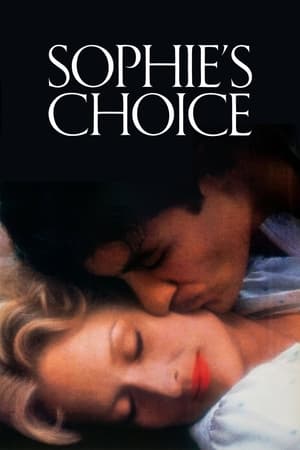 7.3
7.3Sophie's Choice(en)
Stingo, a young writer, moves to Brooklyn in 1947 to begin work on his first novel. As he becomes friendly with Sophie and her lover Nathan, he learns that she is a Holocaust survivor. Flashbacks reveal her harrowing story, from pre-war prosperity to Auschwitz. In the present, Sophie and Nathan's relationship increasingly unravels as Stingo grows closer to Sophie and Nathan's fragile mental state becomes ever more apparent.
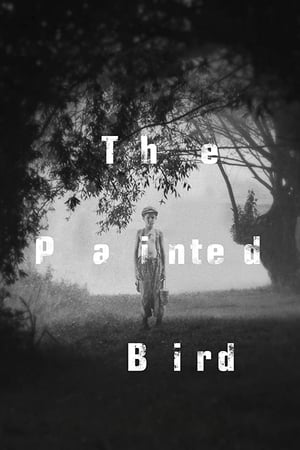 7.1
7.1The Painted Bird(cs)
After losing his parents, a young Jewish boy wanders Eastern Europe, seeking refuge during World War II.
